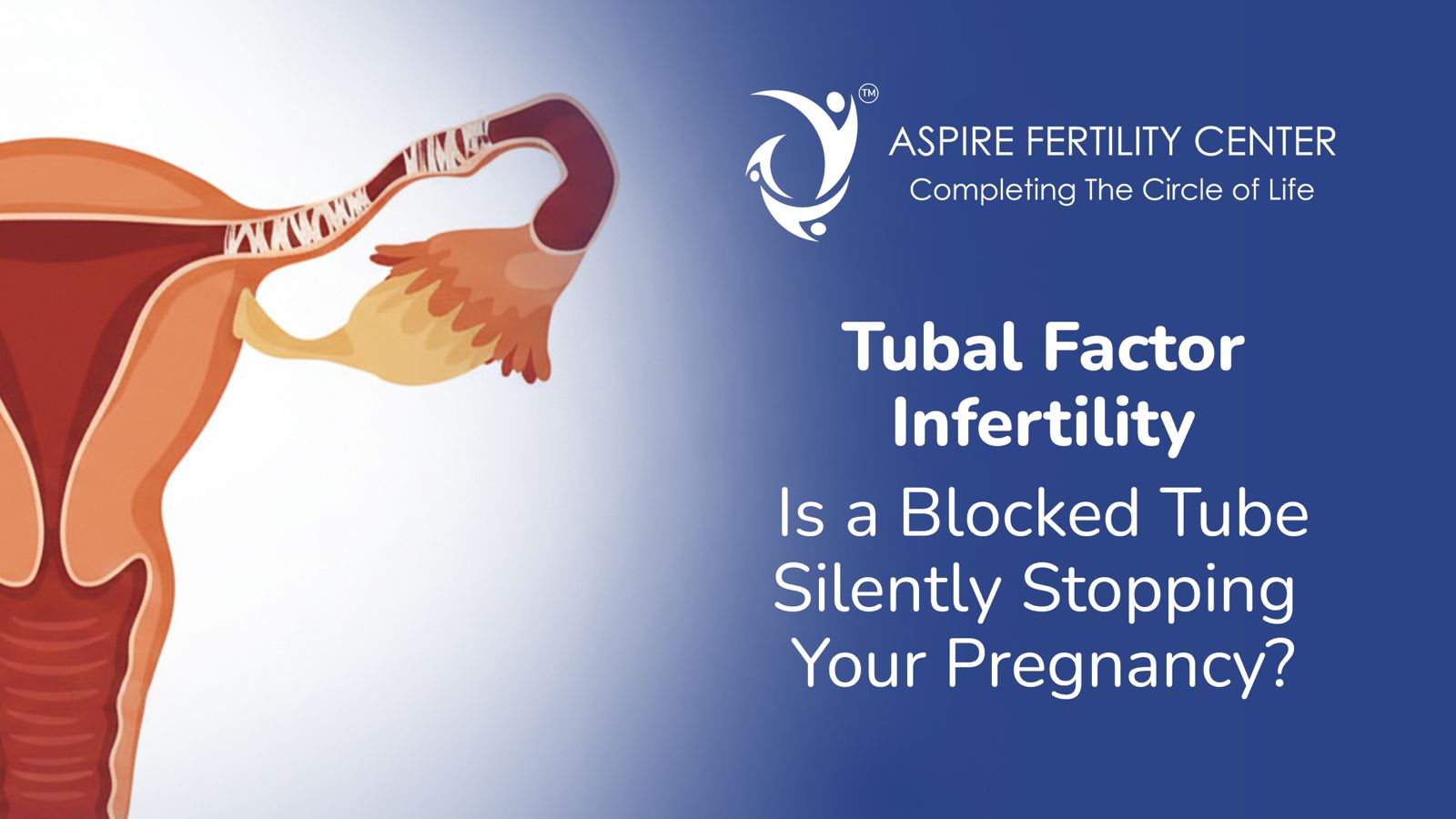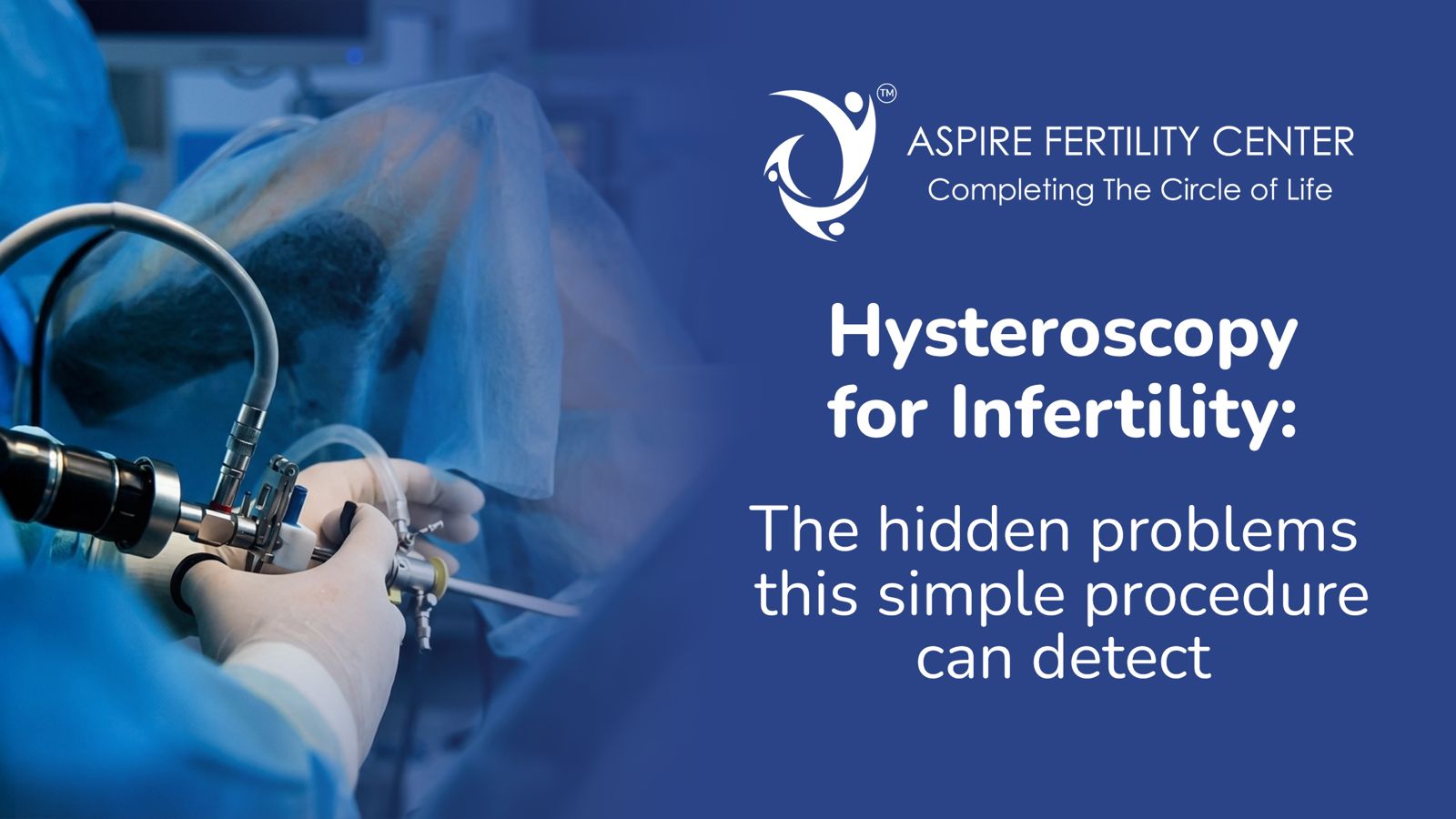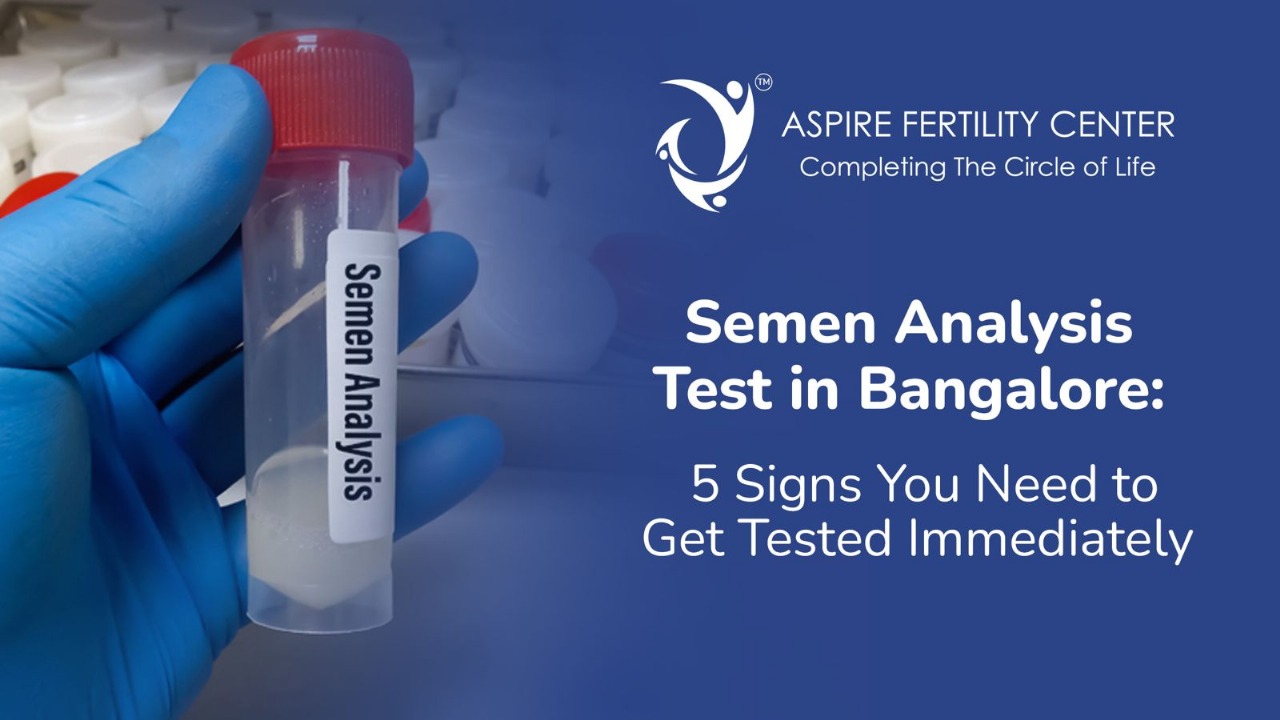Fibroids Awareness: Understanding & Treatment Options
Fibroids Awareness Month is dedicated to spreading knowledge about fibroids – which are non-cancerous uterine growths that can significantly impact women’s health. Understanding fibroids, their risk factors, and the available treatment options is crucial for managing this condition effectively. At Aspire Fertility Center, we recognize the importance of awareness and are committed to providing comprehensive and compassionate care to those affected by fibroids.
What Are Fibroids?
Fibroids, also known as uterine leiomyomas, are non-cancerous growths that develop within the muscle tissue of the uterus. They can vary greatly in size, ranging from tiny seedlings that are undetectable to the human eye to large masses that can distort and enlarge the uterus. Fibroids are quite common, affecting up to 70% of women by the age of 50. These growths are typically classified based on their location within the uterus:- Submucosal fibroids grow into the uterine cavity
- Intramural fibroids develop within the muscular wall of the uterus
- Subserosal fibroids grow on the outer surface of the uterus, extending beyond its walls.
Who is at Risk?
Several factors contribute to the likelihood of developing fibroids. Women of reproductive age, particularly those in their 30s and 40s, are at higher risk. Family history also plays a significant role; if your mother or sister had fibroids, your risk is increased. Additionally, lifestyle factors such as obesity, a diet high in red meat and low in green vegetables, fruit, and dairy, as well as alcohol consumption, can elevate the risk. Understanding these factors can help Indian women take proactive steps towards reducing their risk and seeking timely medical attention if symptoms arise.Diagnosis of Fibroids
Early detection of fibroids is crucial for effective management and treatment. Common diagnostic methods include pelvic exams, ultrasounds, and magnetic resonance imaging (MRI). In some cases, hysteroscopy or laparoscopy may be used to gain a more detailed view of the uterus, in order to understand the fibroid growth better. Regular check-ups and prompt attention to symptoms can lead to early diagnosis and better outcomes.Non-Surgical Treatments: Medications and Lifestyle Changes
Non-surgical treatments can be effective in managing fibroids, especially for those with mild symptoms. Certain medications, including gonadotropin-releasing hormone (GnRH) medications, have been shown to decrease the size of fibroids and alleviate associated symptoms. Other medications include anti-inflammatory drugs, oral contraceptives, and progestins to control heavy menstrual bleeding. Lifestyle changes, such as maintaining a healthy weight, eating a balanced diet rich in fruits and vegetables, and regular exercise, can also help manage symptoms and improve overall health.Surgical Treatments: Myomectomy, Hysterectomy, and Other Procedures
For women with severe symptoms or larger fibroids, surgical treatments may be necessary. Myomectomy is a procedure that removes fibroids while preserving the uterus, making it a suitable option for women who wish to maintain their fertility. Hysterectomy, the complete removal of the uterus, is considered when other treatments have failed or are not suitable. Other minimally invasive procedures include uterine artery embolization (UAE), which cuts off the blood supply to the fibroids, causing them to shrink, and Magnetic Resonance-guided Focused Ultrasound (MRgFUS) is a minimally invasive procedure that utilizes high-frequency sound waves to precisely target and ablate fibroid tissue.Emerging Treatments and Innovations in Fibroid Care
Advancements in medical technology continue to improve fibroid care. Emerging treatments include radiofrequency ablation, which uses heat to destroy fibroid tissue, and newer medications that target the hormonal pathways involved in fibroid growth. Innovations in minimally invasive procedures are making treatments more effective and reducing recovery times, providing hope for better management of fibroids in the future.Psychological and Emotional Impact of Fibroids
Living with fibroids can take a toll on a woman’s emotional and psychological well-being. The symptoms, coupled with concerns about fertility and the need for potential surgery, can cause significant stress and anxiety. A strong support network, including healthcare professionals, loved ones, and friends, is crucial for emotional and physical well-being. Counseling and support groups can offer additional help, providing a space for women to share their experiences and coping strategies.Prevention and Management Tips
While fibroids cannot always be prevented, certain measures can reduce the risk or manage the symptoms effectively. Regular exercise, a balanced diet, maintaining a healthy weight, and avoiding alcohol and smoking can contribute to overall reproductive health. Monitoring menstrual cycles and being vigilant about any changes in your health can also aid in early detection and management.The Role of Healthcare Providers
Healthcare providers play a critical role in diagnosing, treating, and supporting women with fibroids. Gynecologists and fertility specialists, like those at Aspire Fertility Center, offer expert advice and personalized treatment plans. Regular consultations and open communication with your healthcare provider are essential for effective management and care.Fibroids and Fertility
Fibroids can influence fertility by modifying the uterus’s structure or blocking the fallopian tubes, potentially hindering the ability to conceive. However, many women with fibroids can still conceive and have healthy pregnancies. Treatments such as myomectomy can improve fertility outcomes. Sharing your fertility aspirations with your healthcare provider helps them tailor a personalized plan to suit your needs.Frequently Asked Questions (FAQs)
- Q1. What are fibroids? Fibroids are non-cancerous growths that develop in the muscle tissue of the uterus, causing various symptoms and health issues.
- Q2. How are fibroids diagnosed? Fibroids are diagnosed through pelvic exams, ultrasounds, MRIs, and sometimes hysteroscopy or laparoscopy.
- Q3. What are the treatment options for fibroids? Treatment options include lifestyle changes, medications, and surgical procedures such as myomectomy and hysterectomy.
- Q4. Can fibroids affect fertility? Yes, fibroids can affect fertility, but many women with fibroids can still conceive and have successful pregnancies with appropriate treatment.
- Q5. What lifestyle changes can help manage fibroids? Maintaining a healthy weight, eating a balanced diet, exercising regularly, and avoiding alcohol and smoking can help manage fibroid symptoms.





